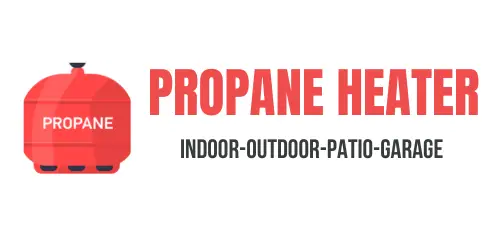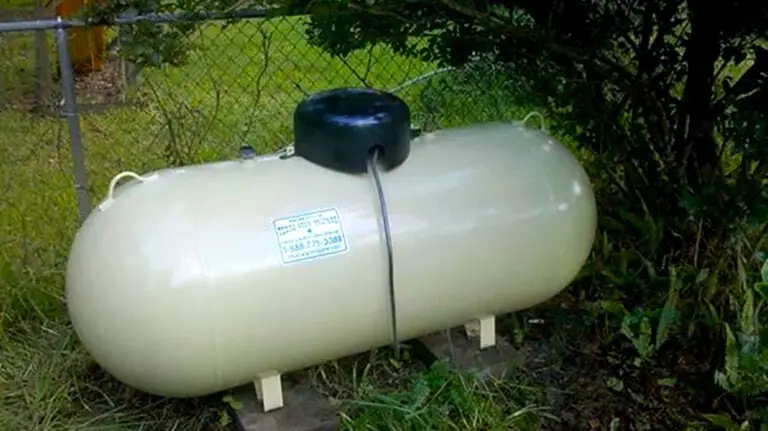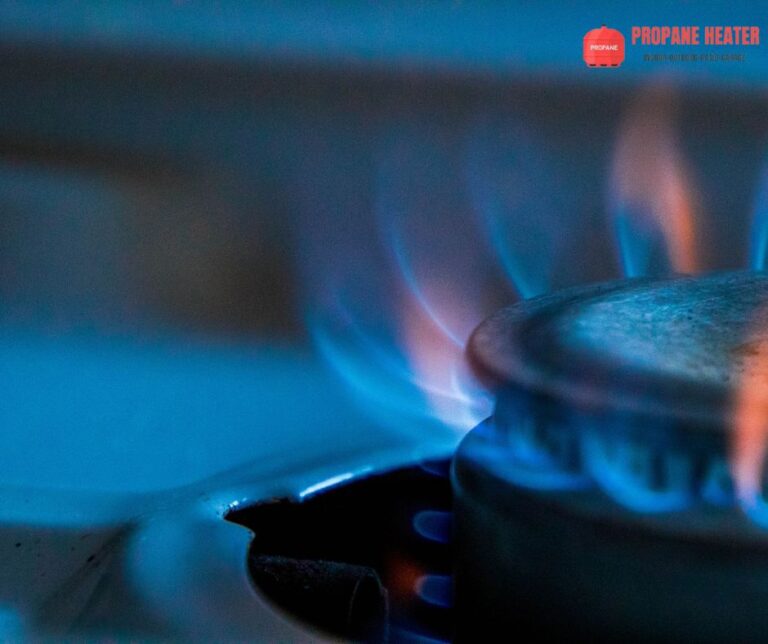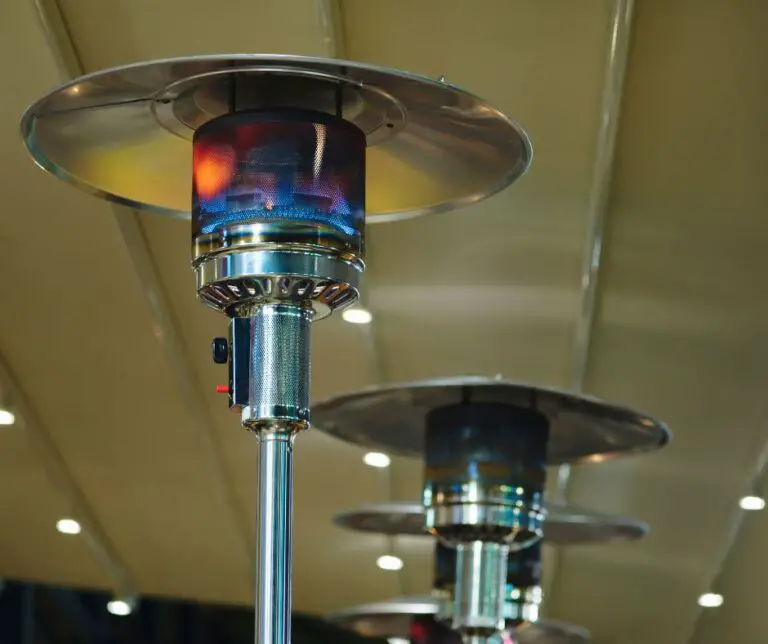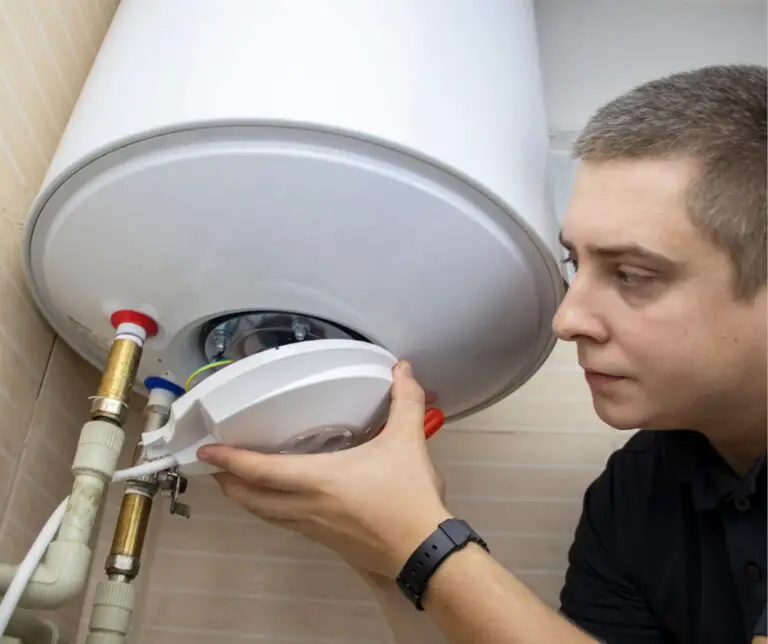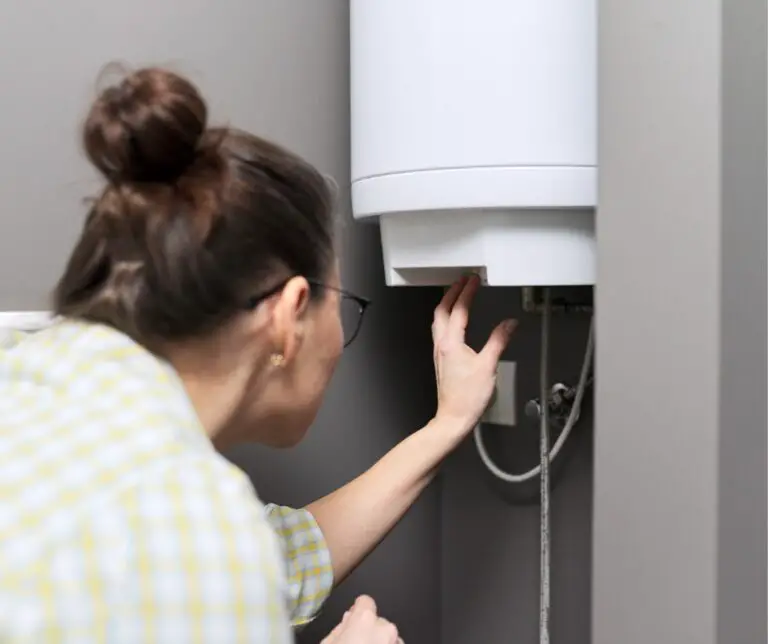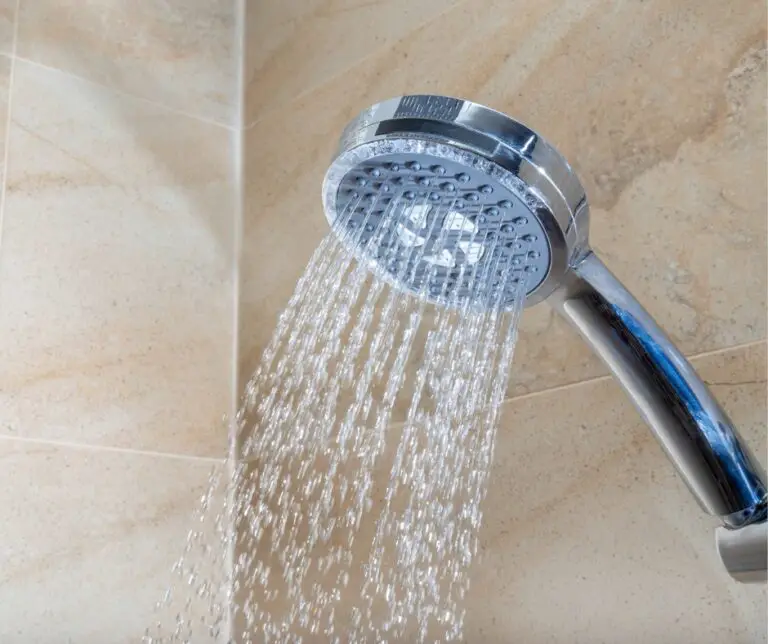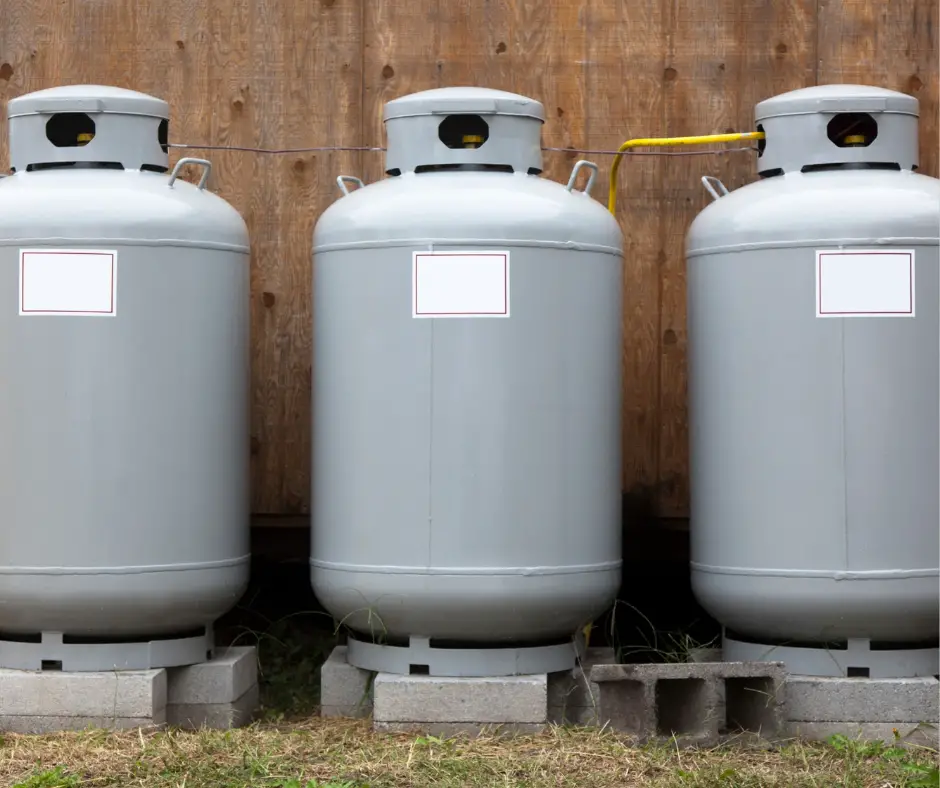
Has anyone ever thought about using a propane tank for water heaters? I was just thinking about this the other day and realized that it is actually an amazing idea. Propane tanks are very useful and can provide plenty of heat to your home. Therefore, I think it would make perfect sense to use them in your water heater.
Can You Use a Propane Tank for Your Water Heater?
Yes, you can use a propane tank for your water heater. However, it is not recommended to do so because propane tanks are not designed for this purpose. Propane tanks are designed for outdoor appliances such as barbecues and fire pits. If you choose to use one anyway, make sure that it is properly installed by a professional and operated at all times with caution.
Propane tanks should never be used indoors or close to an open flame because the fumes produced by the gas inside of them can create a dangerous risk of explosion if there is any accidental ignition source nearby (such as from an open flame).
How Do I Convert My Water Heater From Gas to Propane?
If you want to use a propane tank, you’ll need a few things. The first thing you can do is find a local gas supplier and get the propane tank installed in your home. Make sure it’s installed properly so that there are no leaks or other problems that could cause an explosion or fire in your home. Once this is done, all that’s left is installing the valve system and connecting it to your water heater.
Once you have everything connected properly, test out your new system by turning on both the pilot light (if applicable) and the main burner(s). If everything works as expected—and with no major safety issues—you’re ready for hot water.
Which Costs More, Electricity or Propane for a Water Heater?
Propane is cheaper than electricity. This is true because propane heaters are self-contained and don’t need a power source, so the cost of running them is lower. You can also get a larger tank and use it for longer periods of time without having to worry about paying for electricity or recharging your batteries.
However, propane isn’t always the best option for a water heater because it’s portable. On top of that, if something goes wrong with your propane tank (like it leaks gas), then there’s no way for someone else in the house to turn off the heating element before they get injured by fumes released into their living space.
What Are the Pros and Cons of Electric vs. Propane Water Heaters?
1. Propane water heaters are much safer than electric models
Electric water heaters require electricity to power their heating elements, which means that if a power outage happens and your electricity is cut off, you won’t have any hot water. Propane tanks store energy and can provide hot water even when there’s no power available—an important feature in case of emergency situations or natural disasters where power outages are common occurrences.
Propane tanks also produce less noise than standard electric tankless units do: no humming sounds from fans or whirring noises from motors; just silence!
2. Propane is cheaper than electric
This is the most important point, so we’re going to make it big: Propane is less expensive than electricity. You’ll save hundreds of dollars each year by switching from an electric tankless water heater to propane.
If you have a small home or apartment with low energy usage, you can get away with a smaller propane tank that will last for years and cost less money to operate over time. If you live in a large home or use more hot water, consider getting a larger tank—a properly sized propane tank can last up to five years!
3. Propane is more efficient than electricity
This is important because propane is a fuel source you can count on to heat your water throughout the year. An electric water heater can run out of electricity due to power outages during storms, which would result in no hot water. Also, if the electric grid goes down for any reason, you won’t be able to use your electric-powered water heater at all.
Propane tanks generally last much longer than an electrical system’s lifespan as well—the average propane tank lasts between 5 and 7 years before needing replacement. By comparison, an average electrical system will require replacement every 2 years or so due to wear and tear caused by frequent use.
This means that over time you’ll spend more money replacing completely functional systems with new ones than using a permanent solution such as propane heating.
4. Propane is more portable than electricity
Propane is also a much more portable heating option than electricity. If you’re planning to move in the near future, or if you have to live in a camper for an extended period of time, propane tanks allow you to take your water heater along with you. With electricity, this would not be possible.
As another benefit of using propane as your primary heating source, its size makes it far easier than electricity for storing long-term energy; whether that means shutting off your tank during winter months and then turning it back on when needed, or storing large quantities of gas so that you can use your heater for longer periods without worrying about running out.
How to Connect a Propane Tank to a Water Heater
- Connect the regulator to the tank
- Connect the regulator to your water heater
- Maintain a safe distance between your propane tank and your water heater (following instructional manuals)
- Set your propane tank on a sturdy platform that is level and away from any potential sources of ignition or flammable materials such as wood products, paint thinners, or other chemicals in use around your home/workplace environment.
- Check for leaks before starting your water heater; ensure that any connections are soundly made, no leaks occur during operation and no fumes appear to leak from anywhere on the system assembly when it is operating properly.
Conclusion
If you’re looking for a way to save money and have more control over your water heating costs, then converting from electric to propane is an excellent choice. But before making this decision, it’s important that you first consider all the pros and cons of each system so that you can make an informed choice on what type of heater works best for both your household and budget needs.

I am Richard A. Jackson man behind propane heating solution, An HVAC expert working as a team lead of the heating department, Provide services all over the USA (around all major cities), and from planning to implementation, you will get all your solution here. We provide various tanks (propane and other natural gases) and deal with disposable waste.
